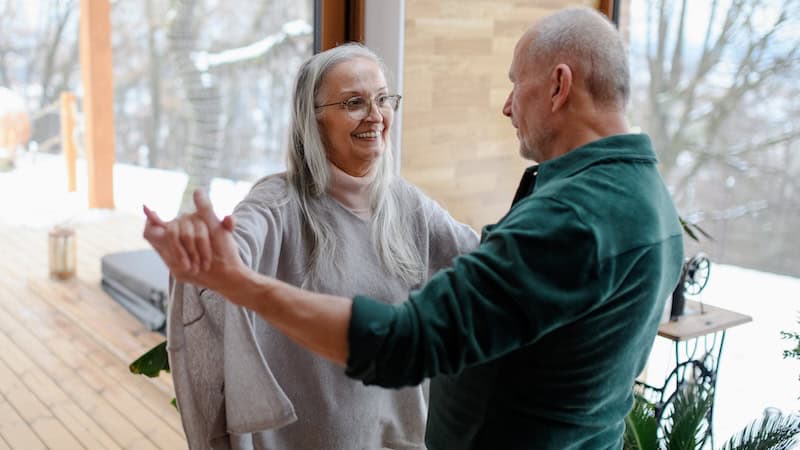Reach Out to Friends in Need
Getting over the awkward

Many people feel unsure how to reach out when a friend is struggling. A reader got guidance from columnist Amy Dickinson on reaching out – did the advice work?
Dear Readers:
To mark my final week writing this column, I’m rerunning some of my most memorable questions and answers. Today I’m sharing a thoughtful update from a reader whose question was first published in 2019. Her update follows the original Q&A.
Dear Amy:
About five years ago, I completed a Ph.D. under the guidance of an amazing woman, “Daisy.” She had a truly transformational impact on my life and I owe her a huge debt.
We formed a close bond and she introduced me to her husband and daughter on several occasions. After graduation, we’ve seen each other on a roughly annual basis.
Normally when I have a free day or am passing by her campus, I’ll ask her for a coffee or lunch. I think about her often.
Here is my quandary: I have recently found out that six months ago her daughter was in a freak accident and is now paralyzed from the waist down. The story made the national press, but I only found out it was Daisy’s daughter through an unconnected, professional contact.
I desperately want to reach out to Daisy and her daughter but am unsure how to do so. Do I mention the accident, or do I simply reach out to ask her for a coffee and see if she brings it up? I don’t want to be insensitive but also want to be there for my friend in this time of need.
– Lost in London
Dear Lost:
You should definitely reach out, and you should express your sympathy and concern.
Here’s a start: “Dear Daisy, I was so saddened to learn of your daughter’s accident. I am so grateful for your mentorship and friendship to me over the years. Please know that I am thinking about all of you now. I’ll be in the area soon and would love to see both of you again, if possible.”
Please understand that it is compassionate and appropriate to connect, even if you aren’t sure what to say, and even if you can’t offer a solution to a particular problem. So often, people choose to back away during challenging times. Don’t ghost your friend now.
Following is an inspiring update from Lost in London:
Dear Amy:
You encouraged me to reach out and reminded me that in times of stress and grief, people tend to withdraw from others for fear of overreaching or embarrassment, or saying the wrong thing, when actually we need to step forward and be there for our friends and colleagues.
In that case I did reach out and met up with my mentor, “Daisy,” and we had a wonderful catch-up and continue our relationship.
But perhaps more importantly, your specific advice on that day, and in every other column you have published, echoes the same themes: steady, compassionate friendship; the importance self-care, self-love and boundary setting; and a recognition that sometimes things are outside of your power, and you need to learn to make peace with them.
Your words in your response to me, and those you’ve provided to so many others have guided my approach to the world, mainly that “you just show up.” That might be physically in helping a friend pack and move boxes while clearing out a parent’s home, or emotionally in giving a call to a friend you’ve been thinking about, extending an olive branch to an estranged family member, or showing up for yourself by removing toxic influences from your life.
Showing up, when compassion, empathy, love and support are the motivating factors is seldom the wrong response. And even when it is, at least you know you tried.
Dear Lost in London:
You have beautifully summed up my overall point of view. Thank you!
Want to get even more life tips from Amy? Read more of her advice columns here!
In the tradition of the great personal advice columnists, Chicago Tribune’s Amy Dickinson is a plainspoken straight shooter who relates to readers of all ages. She answers personal questions by addressing issues from both her head and her heart – ranging from how to reach out to friends in need to dark family secrets and DNA surprises. A solid reporter, Dickinson researches her topics to provide readers with informed opinions and answers. You can email Amy Dickinson at askamy@amydickinson.com or send a letter to Ask Amy, P.O. Box 194, Freeville, NY 13068.
©2024 by Amy Dickinson
Dear Readers: I’m delighted to make way for your newest advice-giver: R. Eric Thomas, whose “Asking Eric” column will continue to foster the engaging relationship we’ve shared. Eric is young, smart, and a talented advice-giver — formerly of the Dear Prudence column. You can help Eric get started by sending your questions to eric@askingeric.com.


